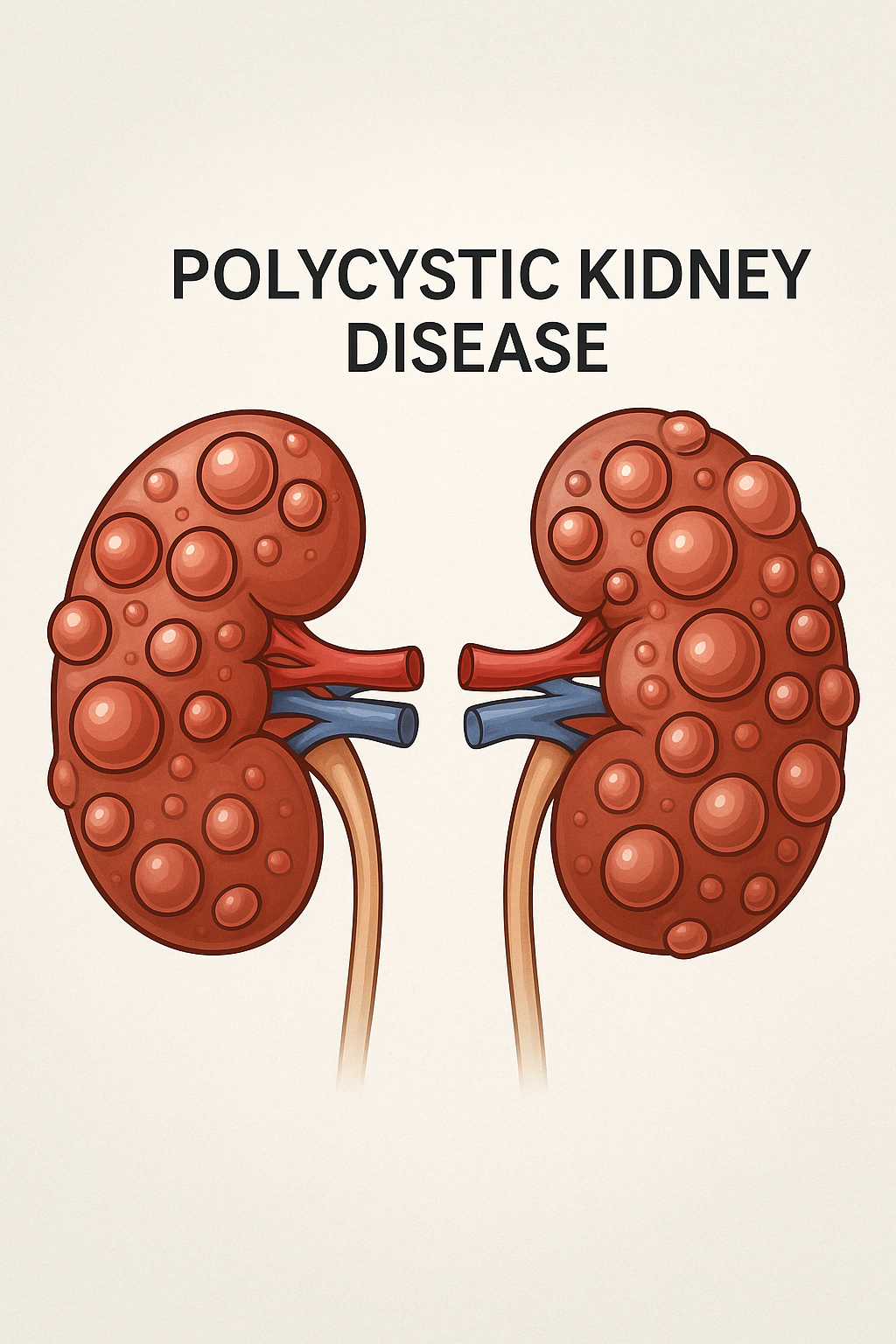Introduction
Sexual health is a vital part of overall well-being, yet it’s often overlooked in people with chronic diseases like diabetes. Research shows that over 50% of men and women with diabetes experience some form of sexual dysfunction. From erectile dysfunction to low libido and painful intercourse, these complications can severely affect quality of life and emotional health.
🔬 How Does Diabetes Affect Sexual Health?
Diabetes affects sexual function through a combination of nerve damage, poor circulation, hormonal imbalance, and psychological stress.
🔻 Key Mechanisms:
- Diabetic Neuropathy: Damage to the nerves that control sexual organs.
- Poor Blood Flow: Affects erection and lubrication.
- Hormonal Changes: Insulin resistance can disrupt testosterone and estrogen levels.
- Mental Health: Depression, anxiety, and stress are more common in people with diabetes.
🧔♂️ Sexual Disorders in Men With Diabetes
1. Erectile Dysfunction (ED)
- Most common issue in men with type 1 and type 2 diabetes.
- Caused by nerve damage and reduced blood supply.
- May occur 10–15 years earlier than in non-diabetics.
2. Retrograde Ejaculation
- Semen enters the bladder instead of exiting through the urethra.
- Often due to autonomic nerve damage.
3. Low Testosterone (Hypogonadism)
- Leads to decreased libido, fatigue, and poor mood.
👩🦰 Sexual Disorders in Women With Diabetes
1. Decreased Libido
- Caused by fatigue, hormonal imbalance, or low mood.
2. Vaginal Dryness & Pain
- Poor circulation and low estrogen affect natural lubrication.
3. Difficulty in Arousal or Orgasm
- Result of nerve damage, emotional stress, and hormonal fluctuations.
⚠️ Risk Factors
- Poor blood sugar control
- Long-standing diabetes
- Obesity or metabolic syndrome
- Smoking and alcohol use
- Depression and anxiety
- Hypertension and cardiovascular disease
🧪 Diagnosis
Diagnosis involves a comprehensive evaluation:
- Medical history and physical exam
- Hormone testing (testosterone, estrogen)
- Neurological exams
- Psychological screening
- For men: Penile ultrasound or nocturnal erection test
- For women: Pelvic exam and hormone testing
💊 Treatment Options
🧠 Psychological Therapy
- Cognitive behavioral therapy (CBT)
- Sex therapy for couples
- Stress reduction techniques
💉 Medical Management
- For men:
- PDE5 inhibitors: Sildenafil (Viagra), Tadalafil (Cialis)
- Testosterone replacement therapy (if low levels)
- For women:
- Vaginal estrogen creams
- Lubricants or moisturizers
- Hormone therapy (under medical supervision)
🍎 Lifestyle Modifications
- Control blood glucose levels
- Exercise regularly
- Stop smoking
- Limit alcohol
- Lose weight
- Manage mental health
🛡️ Prevention Tips
- Maintain HbA1c within target range
- Address other metabolic issues like hypertension or high cholesterol
- Talk to your doctor about sexual health concerns early
- Keep regular checkups to detect complications sooner
🧬 When to Seek Help
- Ongoing sexual issues for 3+ months
- Relationship strain due to intimacy problems
- Low self-esteem or mental health decline
- Pain during intercourse
- Sudden loss of sexual function
You are not alone. These issues are common and treatable.
📝 Final Thoughts
Sexual dysfunction in diabetes is a real medical condition, not a sign of aging or weakness. Open communication with your healthcare provider can lead to effective treatments and restored confidence. Taking care of your blood sugar also means taking care of your relationships and emotional well-being.
🔗 Learn more at medscapeus.com — where medical information is clear, compassionate, and customized for you.


